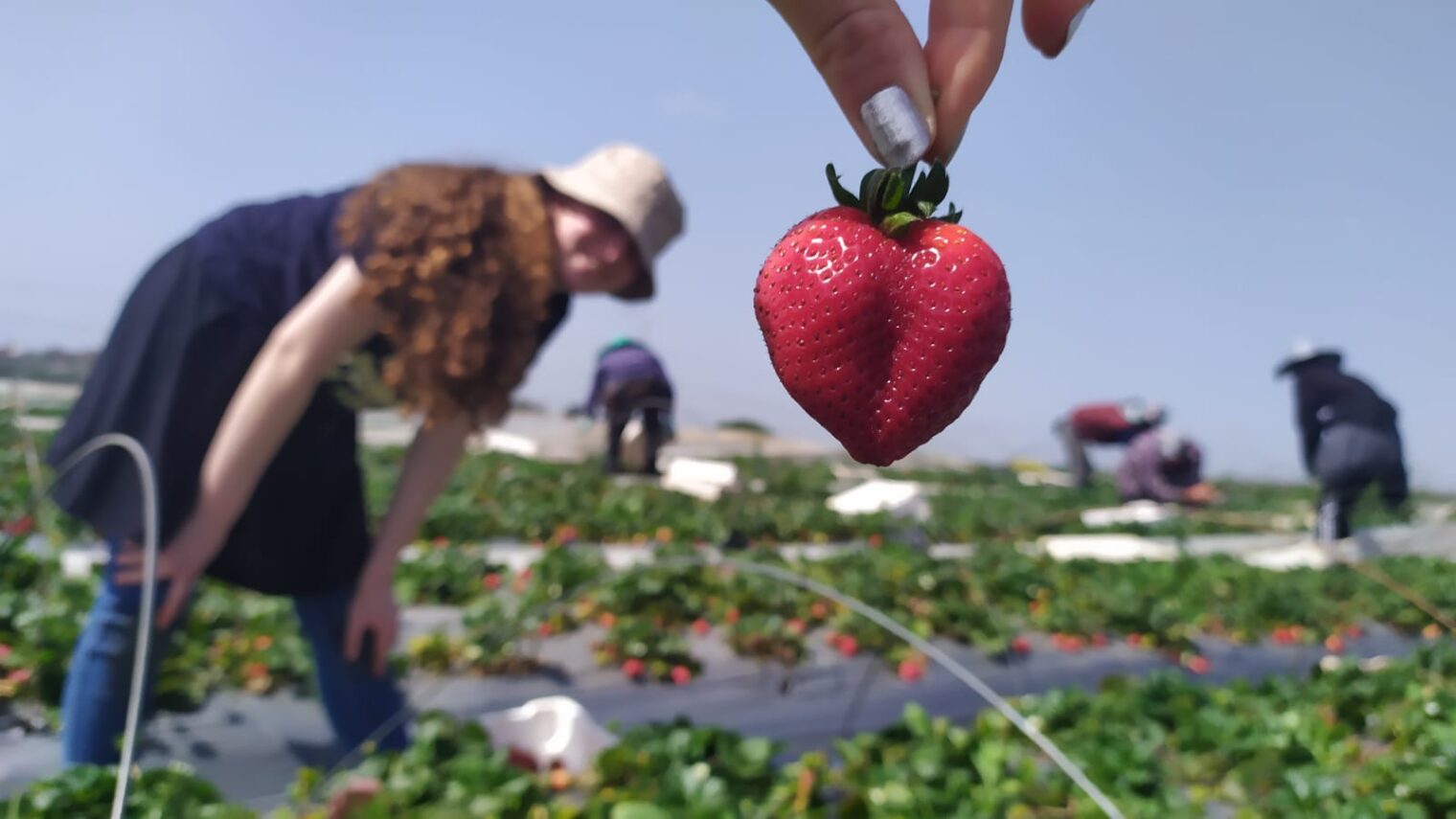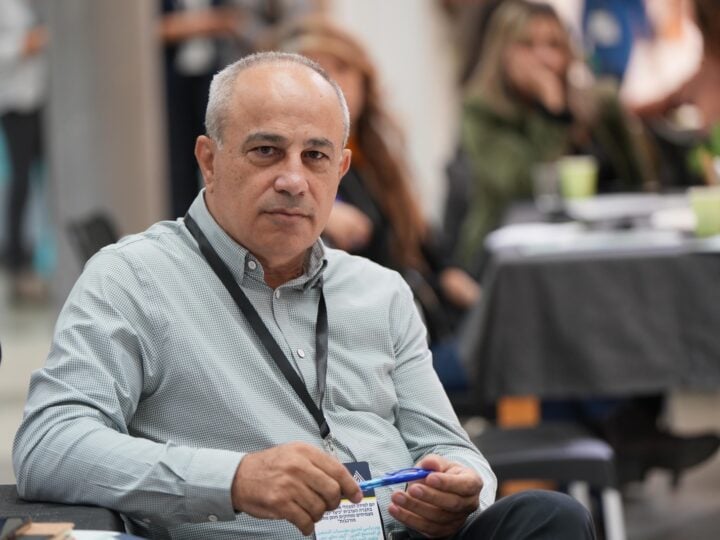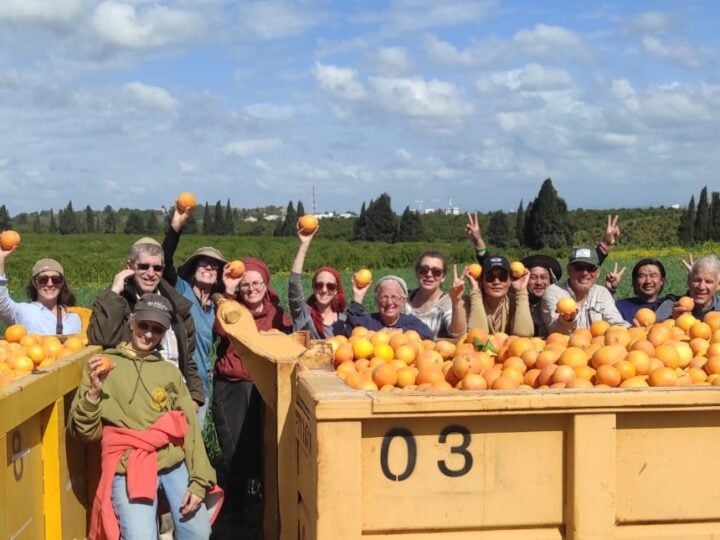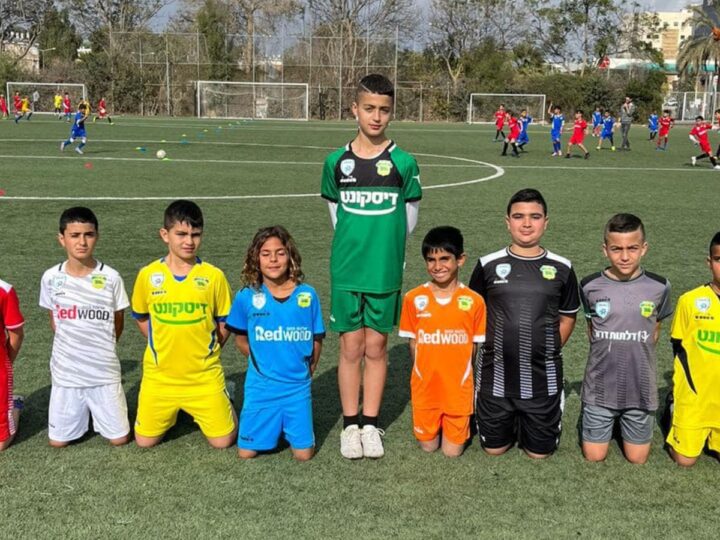Mika, 23, is a Pilates instructor whose studio was closed by the pandemic. Using an app called SunDo, Mika arranged to put her downtime to good use by helping farmers harvest their crops.
Yehudit, an accountant on furlough during the coronavirus crisis, heard about the farm volunteer initiative from her niece, who has the SunDo application. Yehudit spent a few days picking beans.
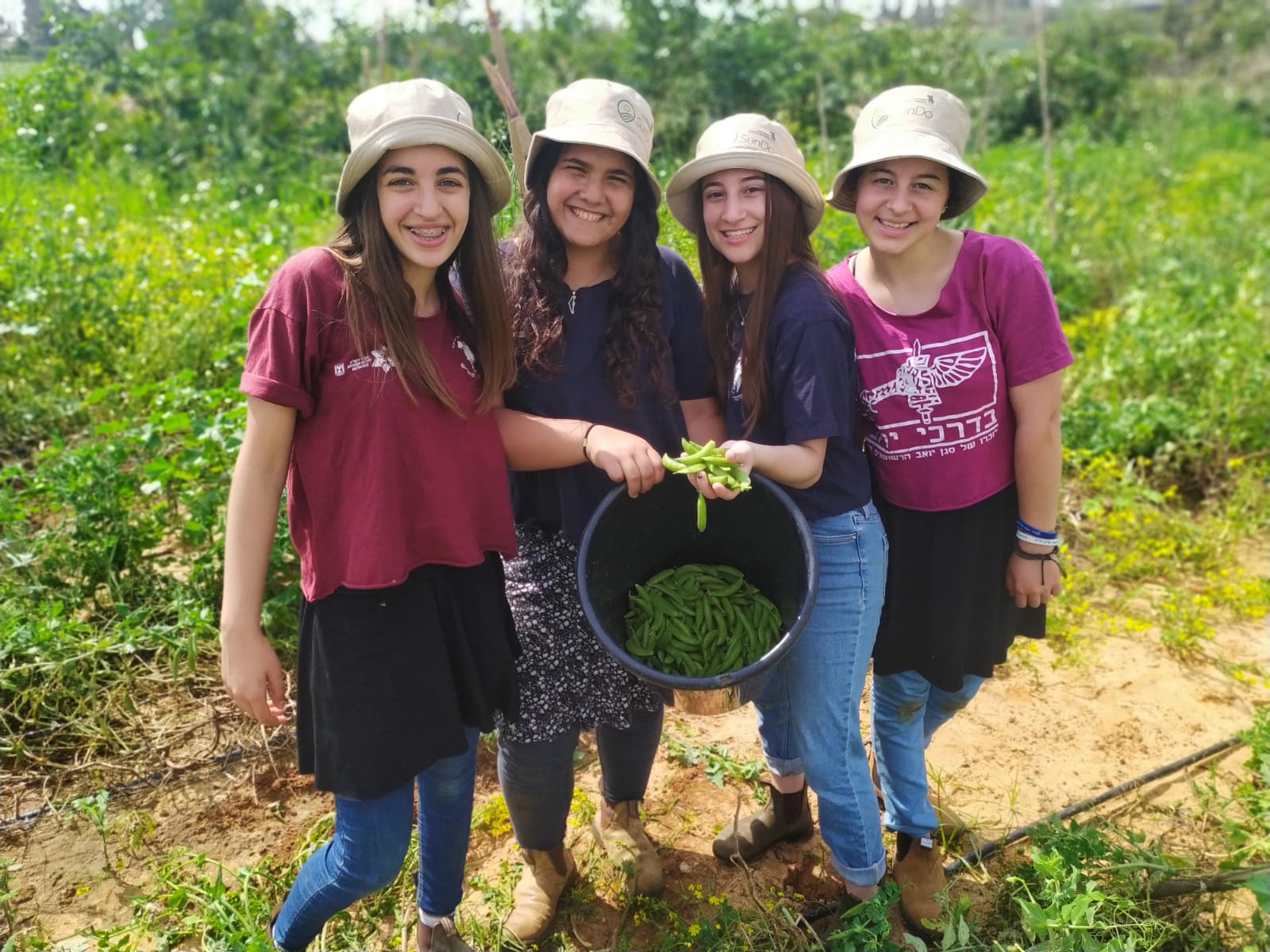
Mika and Yehudit are among thousands of temporarily unemployed Israelis volunteering at farms experiencing severe labor shortages due to coronavirus restrictions on foreign workers entering Israel.
The SunDo app is a project of Zionist social-educational nonprofit organization HaShomer HaChadash, (The New Guard) established in 2007 to involve Israelis in aiding and safeguarding farms and ranches.
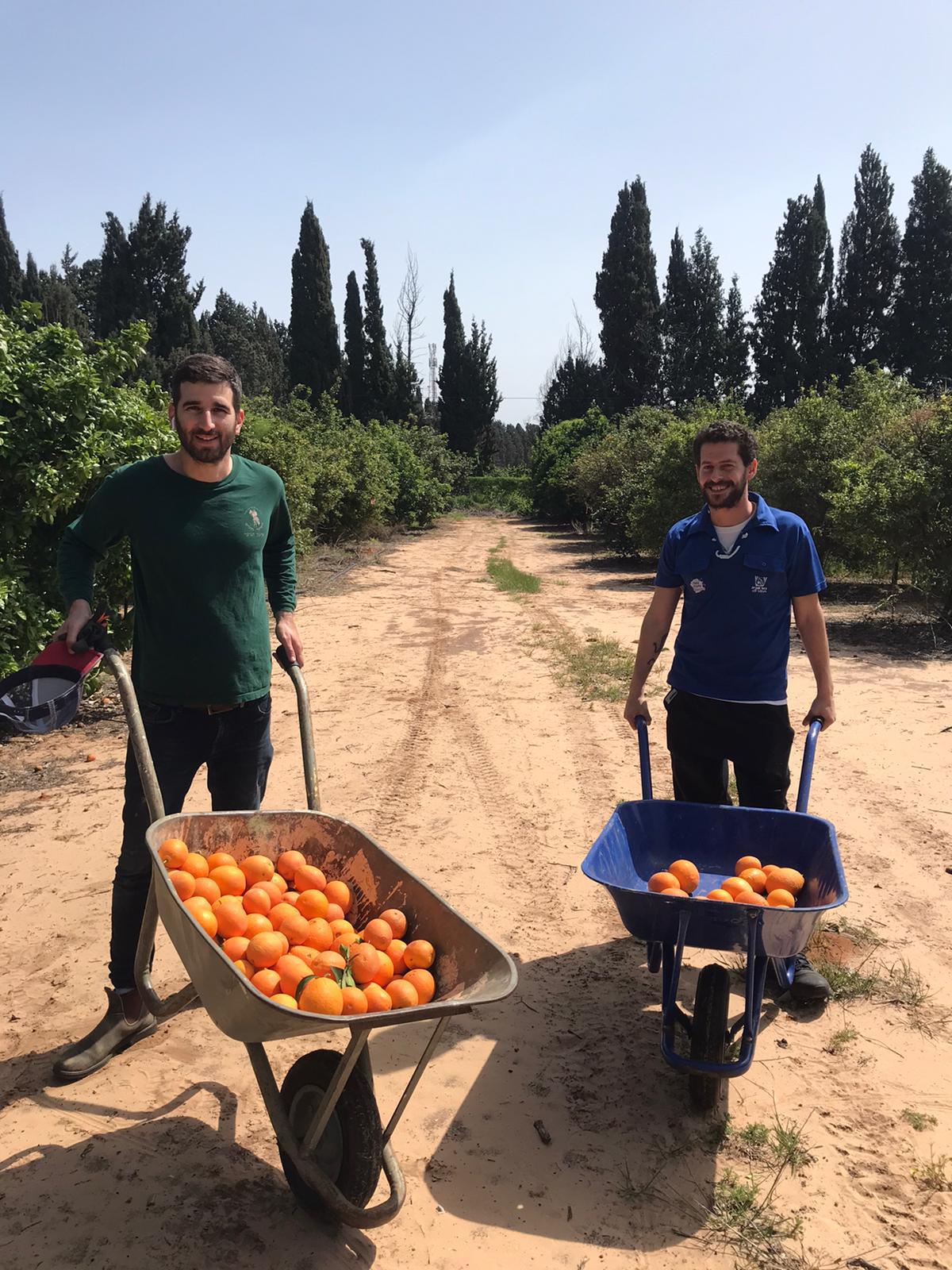
Founder Yoel Zilberman, 35, tells ISRAEL21c that the coronavirus pandemic will likely lead to less dependence on foreign labor in the long term.
But meanwhile, “farmers have a huge lack of manpower and there is a real danger they will lose tons of fruits and vegetables,” he says. “And because they are not selling as usual to restaurants and hotels, they are also losing income.”
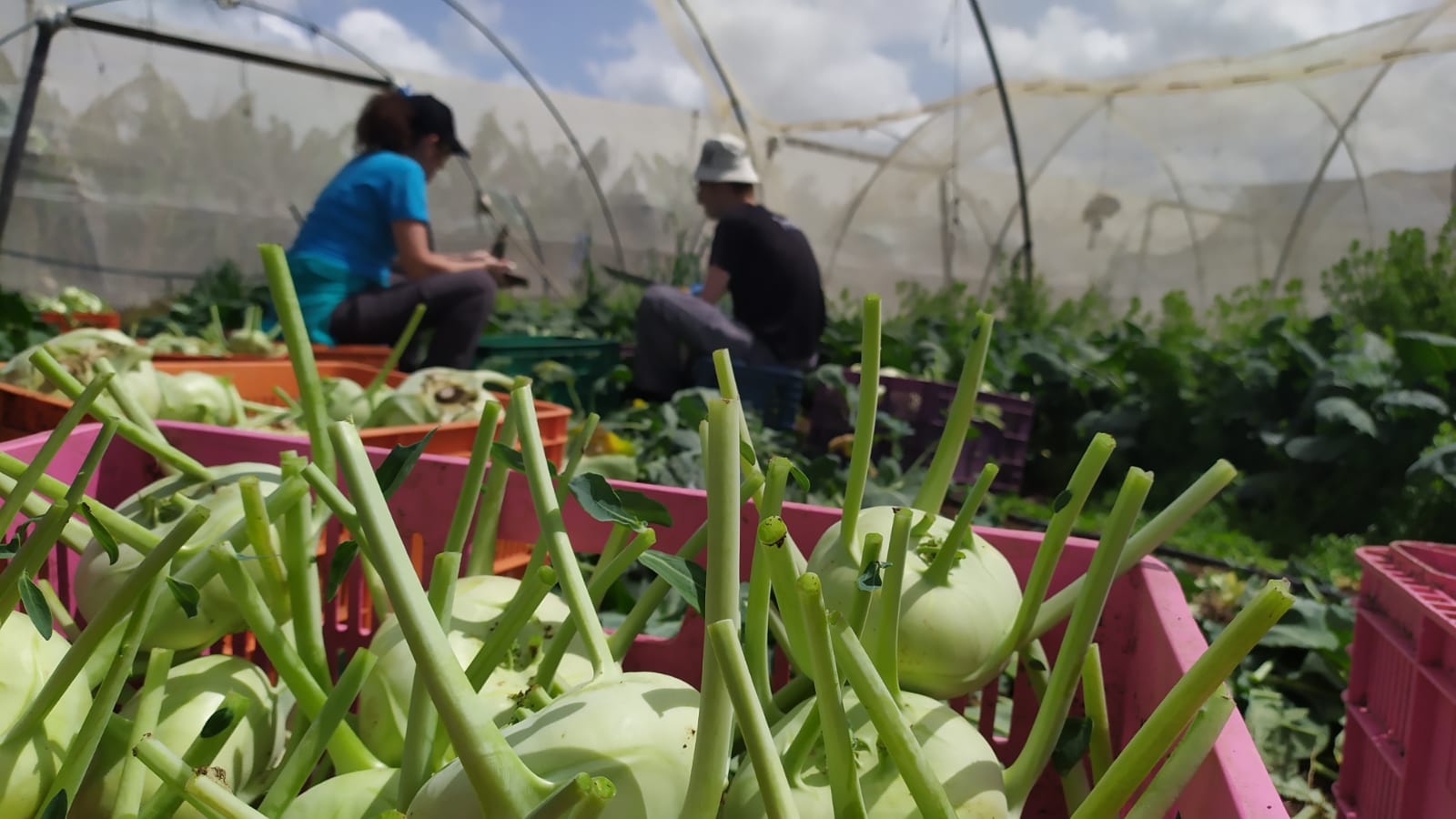
A commando unit
Last year, some 100,000 volunteers participated in HaShomer HaChadash activities geared to foster a stronger connection to the land and to help farmers and ranchers safeguard and tend their property.
That number already has increased threefold in 2020 in the face of Covid-19. In April alone, more than 5,000 people aged 18 to 45 signed up through SunDo to volunteer a day or two.
“It’s like a commando unit coming to save the farms. In the last four weeks, we’ve worked with 170 farmers all over Israel,” says Zilberman.
In addition to daily volunteers, says Zilberman, “we have another 500 to 900 every day who have committed to two weeks of volunteering, and about 200 who are working for pay. We house them in empty motels or schools, feed them and transport them to the fields.”
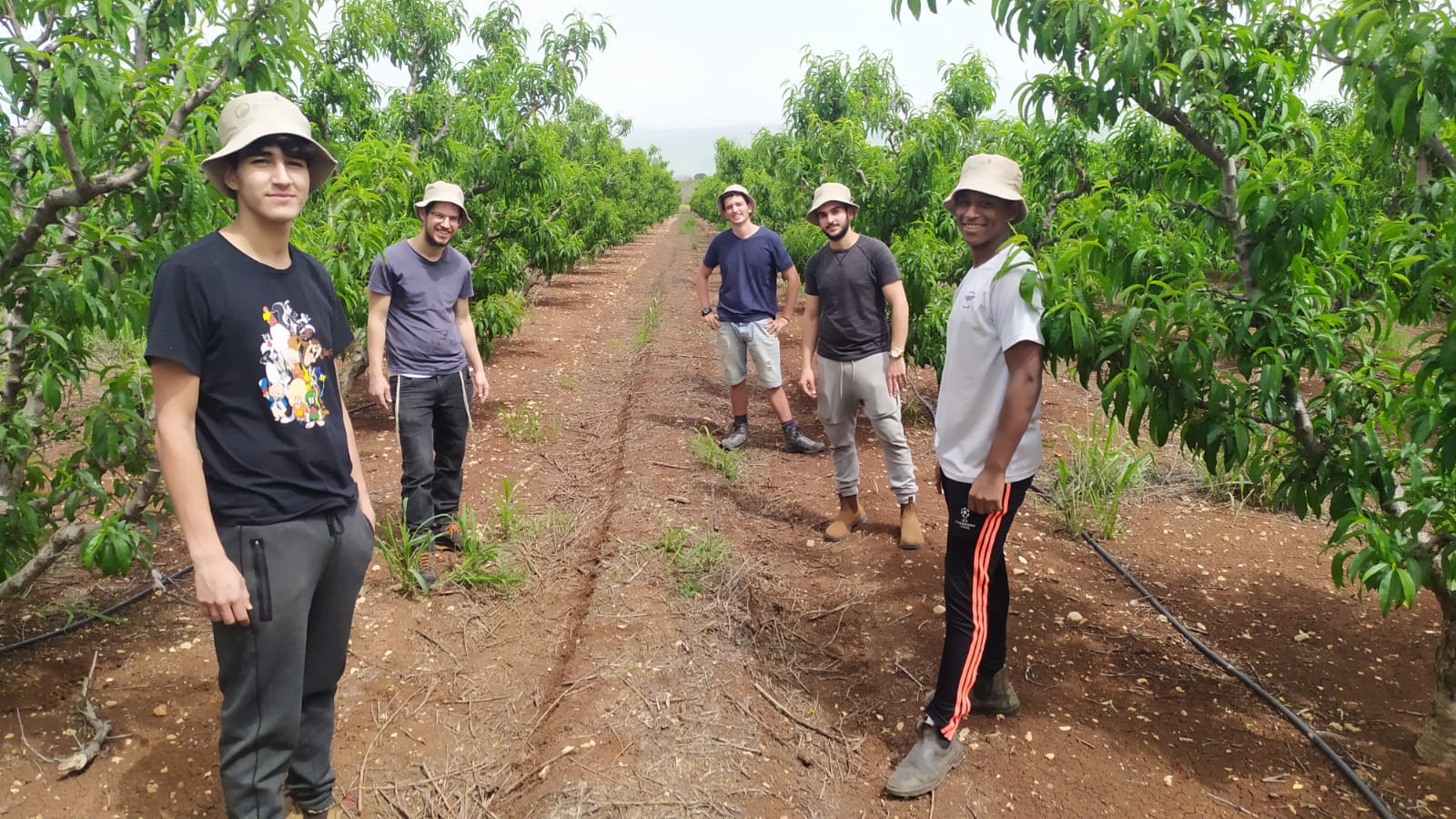
The logistics of such an operation are difficult during a pandemic.
“We met with top managers in the Health Ministry and they gave us guidelines on how to work safely with proper distancing,” says Zilberman. “We have coordinators just to take care of volunteer safety.”
The guidelines cause additional expenses — for example, four buses to transport one busload of people so that there are no more than 15 people per bus.
HaShomer HaChadash is supported by donations from individuals and organizations such as JNF-USA, Agriculture Ministry funding and the partner farmers.
The organization will soon launch a SunDo subsidiary in the United States as well, to address lack of farm manpower and food insecurity. Farmers are now being recruited for a pilot there.
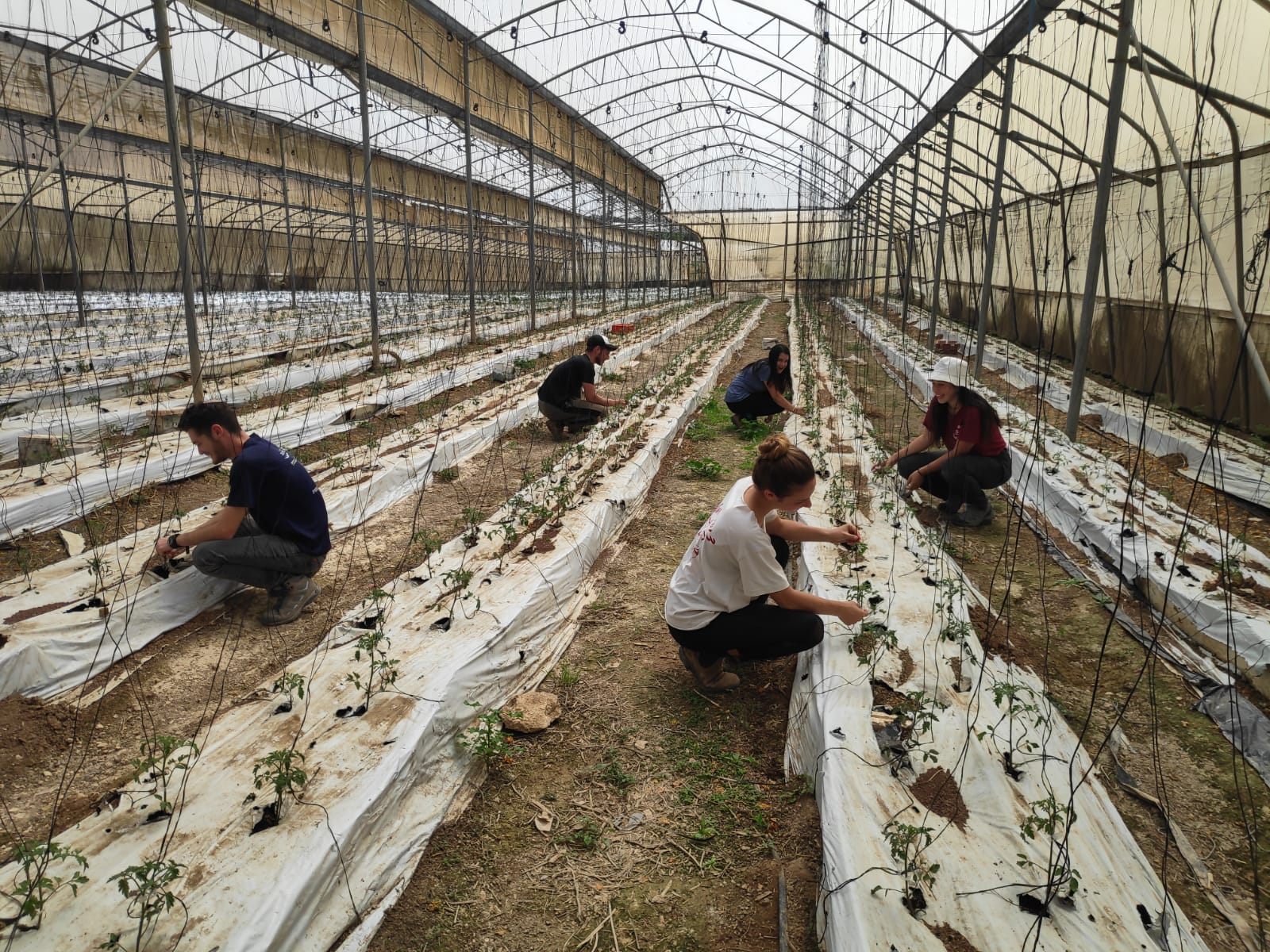
From pollinating drones to volunteer pickers
When the corona crisis began, HaShomer HaChadash created an operations center to coordinate emergency requests from farmers, volunteers and job seekers.
Due to high demand, Zilberman says the SunDo app will soon expand into a marketplace for people seeking permanent positions in agriculture after losing their pre-Covid jobs and getting a taste of farm work through volunteering.
In addition, Zilberman plans for SunDo to be “an access point for students, companies and others who want a new way to socialize outdoors while picking fruit and vegetables. We could have a chef do a culinary demonstration in the field. People will be looking for different ways to get together than parties and cinema.”
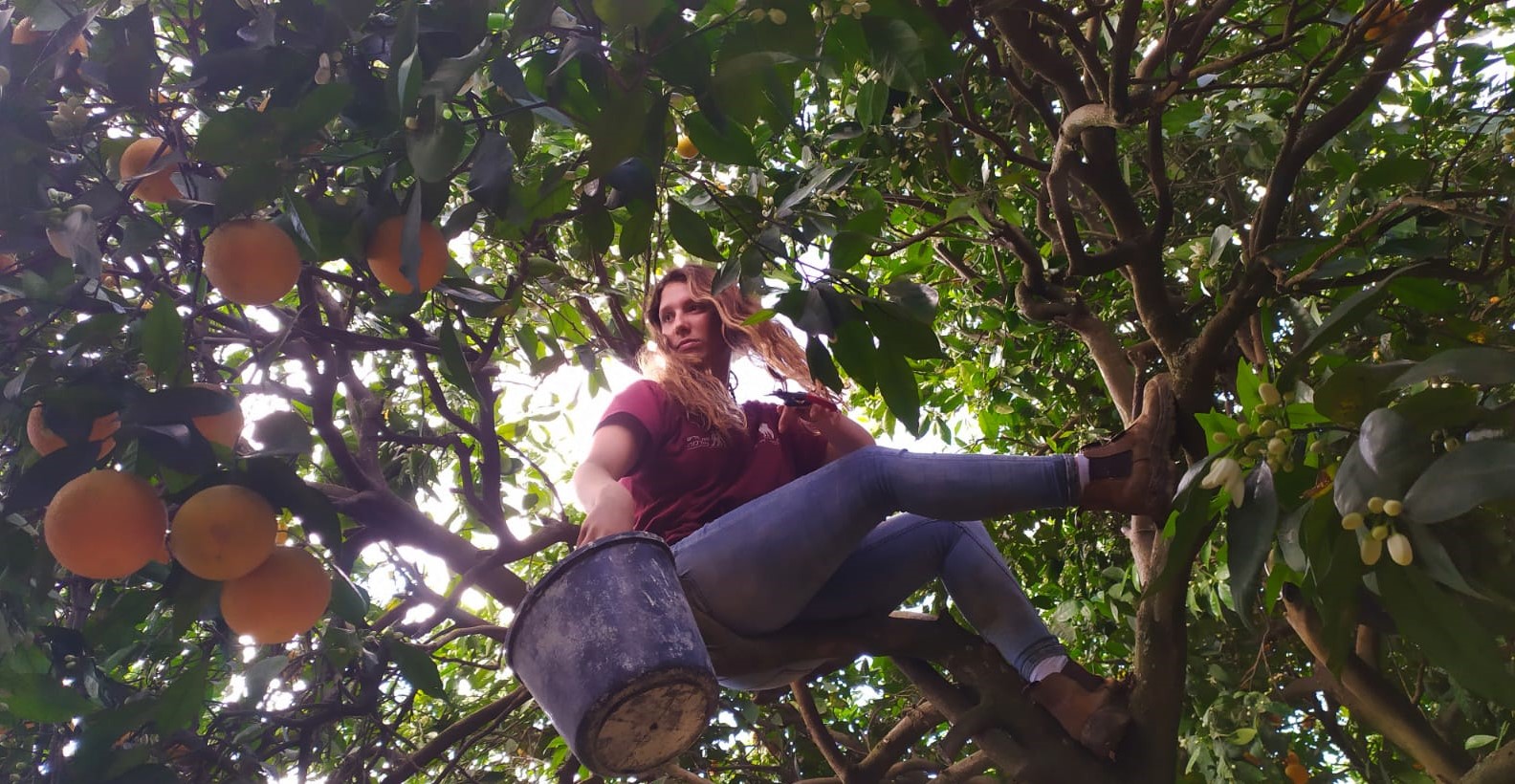
Several other innovative initiatives throughout Israel are addressing the agricultural crisis.
Blue White Robotics, in collaboration with US-based Dropcopter, is providing drones to pollinate Jordan Valley and Arava date plantations ordinarily pollinated by manual labor.
Computer science and mathematics students at Ariel University developed a free app connecting consumers with more than a dozen farms eager to sell surplus produce.
A group of Arava farmers partnered with Lev Echad volunteers to donate surplus fruit and vegetables to Holocaust survivors in Beersheva.
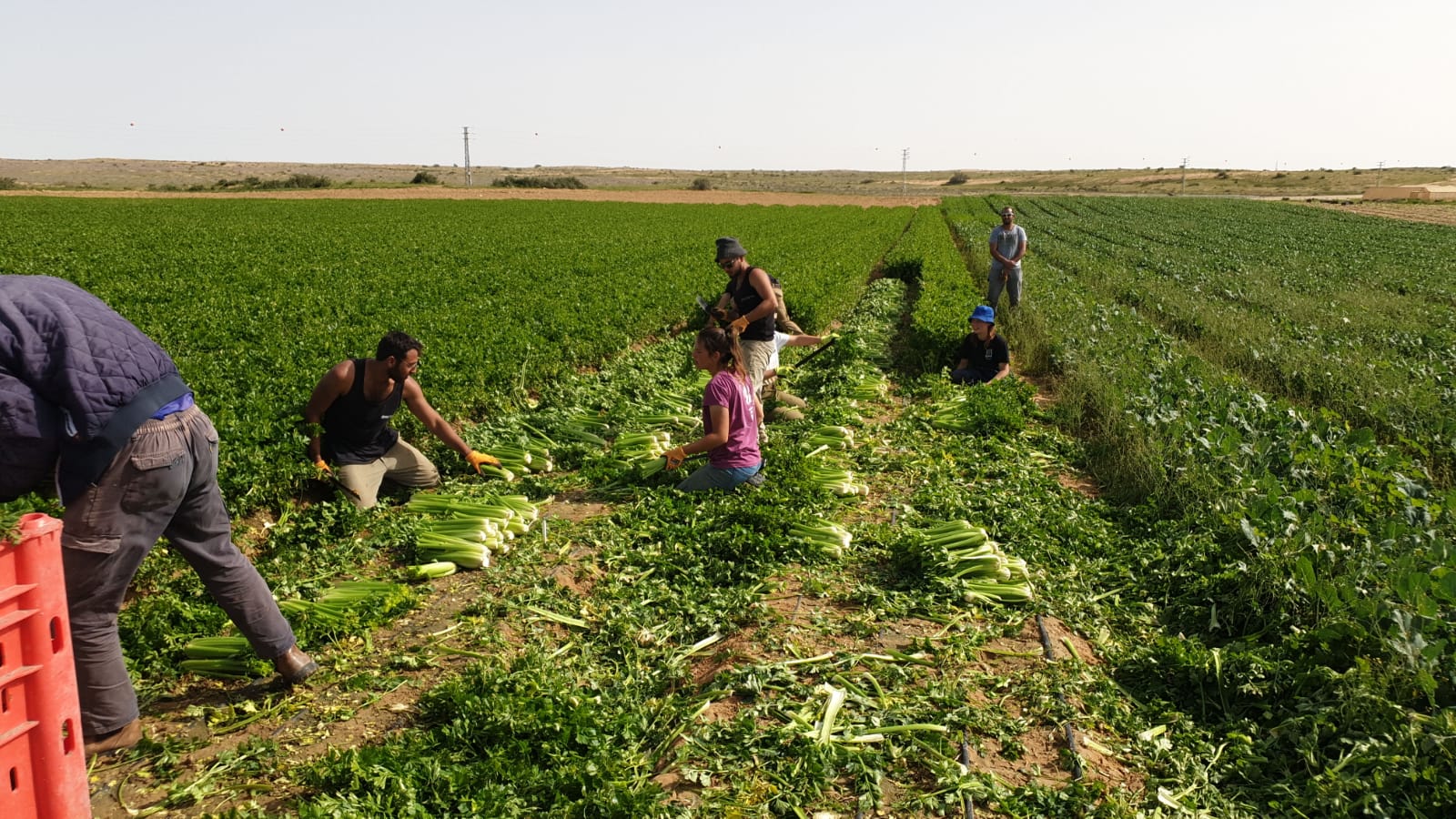
“The paradigm we had about life changed,” says Zilberman.“I think everyone understands we need to be more gentle, more responsible for ourselves and the world. We see the vulnerability of the elderly and poor. We must be prepared for a food crisis. This leads to an opportunity to help Israeli farmers so they, in turn, can continue to feed all the citizens of the country.”
For more information, click here




